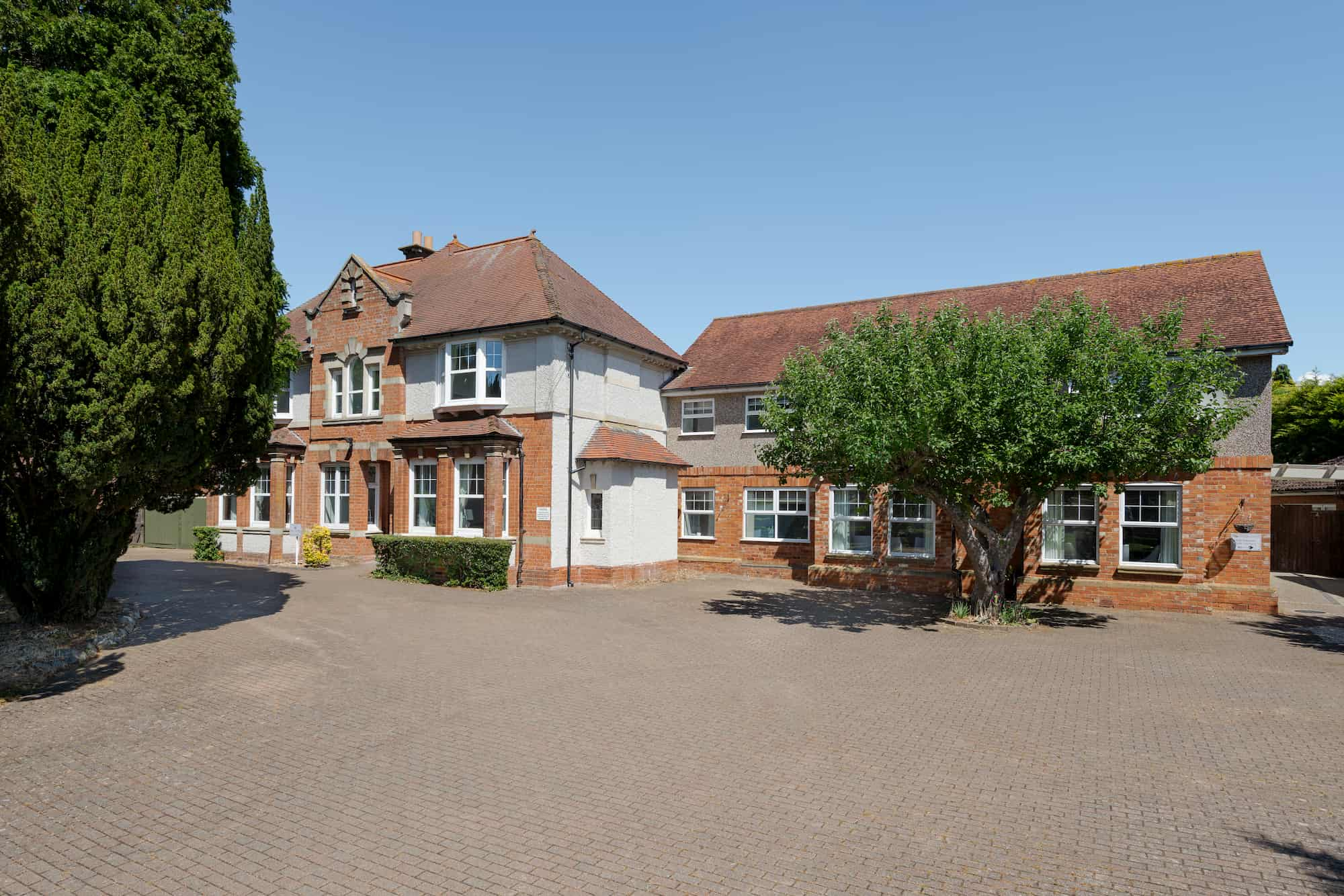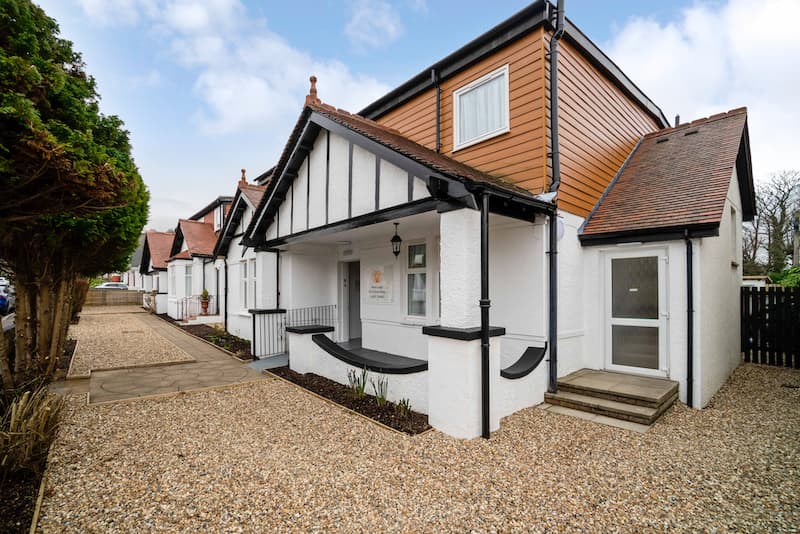Are you struggling with substance abuse? Are you noticing things changing for the worst due to your relationship with substances? If so, it’s essential to realise that there is help for you. Once you notice an addiction, you must find the motivation to recover successfully.
Get In Touch
Are you suffering from Addiction and need help? Addiction Advocates are leading UK based experts in Private Drug and Alcohol Rehabilitation Treatment. Find out how we can help by getting in touch with our friendly team today.
Motivation can come easily for some, and some people can feel extremely dedicated to recovering. However, others struggle with the thought of rehab and feel scared. This scared feeling can make you less likely to feel ready to recover.
If you are here reading this article, that is a very good sign that you already have the motivation to succeed and that you are past denial. This means it is a very good time for you to reach out. Get in touch with our team today, and we would be happy to answer your questions and give you the confidential advice you need to start your recovery journey today.
What to Expect at Rehab in Kenilworth
When you go to drug and alcohol rehab, you will undergo different therapeutic treatments and activities. This includes cognitive behavioural therapy, group therapies, and stress management classes. You will learn a lot about addictions and mental health and participate in additional activities such as mindfulness, yoga, and meditation.
In alcohol and drug rehab, all of the treatments are personalised. A team of professionals will put together your treatment plan shortly after arriving in rehab. The treatment plan you go through will depend on several factors, including the type of substance you are addicted to, the severity of your addiction, and your circumstances.
The first treatment will be detoxification. When going through your drug and alcohol detox, you will be monitored carefully by a team of medical professionals. In most cases, your consumption of substances will be lowered gradually over several days to ensure safety and comfort.
You will experience a range of withdrawals when you go through your alcohol and drug detox. During your withdrawal, you will experience various physical and mental side effects. This can include:
- Headaches
- Muscle pain
- Sweating
- Increased Anxiety
- Irritability
- Insomnia
The medical professionals working with you during this time will help to manage these symptoms so that you feel as safe and comfortable as possible during your detox.
You must avoid attempting to detox on your own at home. If you do choose to do this, it can be very dangerous. For various reasons, it’s very important that your alcohol and drug detox is managed and overseen by medical professionals.
How Do I Know if I’m Ready for Rehab?
You will be ready for rehab once you’ve accepted your addiction and are prepared and motivated to commit to the necessary steps to recover. This motivation and dedication to your recovery is the most important thing about being ready for private drug and alcohol rehab. Once you feel like you are in the right frame of mind, give our team a call.
We will ask you a few questions and find out if you feel ready for rehab. You will be asked questions on the severity of your addiction, how long you have been abusing substances, and the impact your addiction has on your life. We will also find out some information on your circumstances, which will help us determine which treatments may work best for you.
What Happens After Rehab?
A very important part of rehab treatments is where you prepare for your life after rehab. This starts on the very day that you return home. During your last few days in rehab, you and a professional in the rehab centre will draw up a personalised relapse prevention plan.
The plan will consider many things, such as your circumstances, triggers, and other factors. These are all taken into account to give you the best possible chance of remaining sober after you leave the rehab centre.
Your relapse prevention plan may include some very big and potentially difficult decisions. This could be things such as cutting ties with a friend that is also an addict. Although some of these decisions may be challenging, they are all in place in your best interest. There is nothing more important than your health and your ongoing recovery.
After rehab, you will also get 12 months of free aftercare. This is because you are most likely to relapse in the first 12 months after your rehab treatment.
You will work with the aftercare team to continue with your recovery. This may include things like continuing with your therapies on the outside. You may also be encouraged to join group meetings or 12-step programmes that help to promote your ongoing recovery.
The aftercare team will be there for you if you feel like you are struggling and might need additional help, ensuring you don’t relapse.
If you want to learn more about rehab treatments or feel ready to get into a rehab treatment programme today, get in touch with us now on 0800 012 60888. We are here to help you and will happily answer all of the questions you may have. Let’s get you started with your recovery journey.



